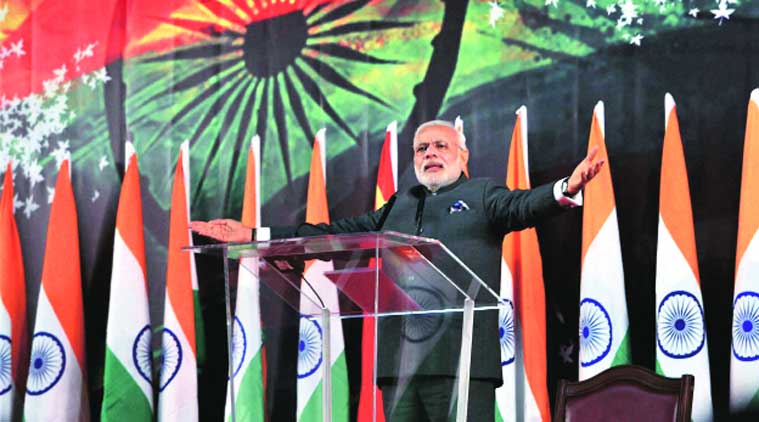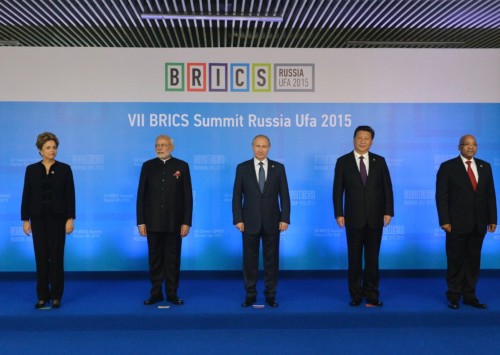Red carpet for foreign funds
Biz@India

“Today’s FDI reforms will give a boost to employment, job creation and benefit the economy.” – Narendra Modi.
The Government of India announced liberalisation of the Foreign Direct Investment (FDI) system by easing norms for a couple of important sectors including defence, food retail, aviation and pharmaceuticals.
Prime Minister Narendra Modi announced new Foreign Direct Investment (FDI) norms on June 20, 2016, easing out trade of food retail, airlines, defence, pharmaceuticals, Direct to Home (DTH) services, single branded retail and private security agencies.
“Today’s FDI reforms will give a boost to employment, job creation and benefit the economy. This is second major reform after the last radical changes announced in November 2015,” Modi tweeted.
FDI more than 49 pc up to 100 pc has been allowed for the defence sector with government approval in cases resulting in access to modern technology in the country.
In respect of food products manufactured or produced in India, shifting from zero percent, 100 pc foreign investments after government approval is now permitted for trading through e-commerce.
The government has also permitted up to 74 pc FDI under for existing pharmaceutical ventures and beyond 74 pc FDI up to 100 pc for brown-field pharmaceutical.
100 pc FDI has also been granted for airlines based in India. However, foreign carriers can own up to only 49 pc and the rest is reserved for private investors including those based overseas. To boost airport development and modernisation, 100 pc FDI in existing airport projects has also been allowed without government permission, which was earlier 74 pc.
A “let down” for local merchants?
Congress suggested the same reforms in FDI but it was argued that it will adversely affect job creations in the country. However, the previous government had promised that local sourcing norms will not be relaxed but the Modi government worked with the same mindset.
A body affiliated to Rashtriya Swayamsevak Sangh (RSS), parent organisation of Bharatiya Janata Party (BJP), termed the new FDI norms as a betrayal of people’s trust by the centre and criticised the move, which it said will spell a death knell for local businessmen.
Foreign funds in brownfield pharma projects will shift the ownership of Indian pharmaceutical companies into foreign hands, it added. Foreign players should only be allowed in greenfield pharma projects, saying the edge the Indian pharma industry has in international market would be adversely affected.
A new hope for farmers?
Market experts in the country view the changes in FDI regime as a positive step for farmers.
“The policy change will definitely benefit farmers as it will enable them to get better rates for the produce and at the same time, overall reduction in wastage of food products for the country. It seems a win-win situation for consumer as well as the farmers, but we need to wait for the fine print of the detailed guidelines to check the kind of conditions attached,” Devraj Singh, executive director, tax and regulatory services, Ernst & Young said.
“The increase in sectoral cap in the civil aviation will boost airline connectivity to other regional upcoming hubs and will definitely promote the foreign airlines to set up their own shop without any joint venture partner in India,” he added.














